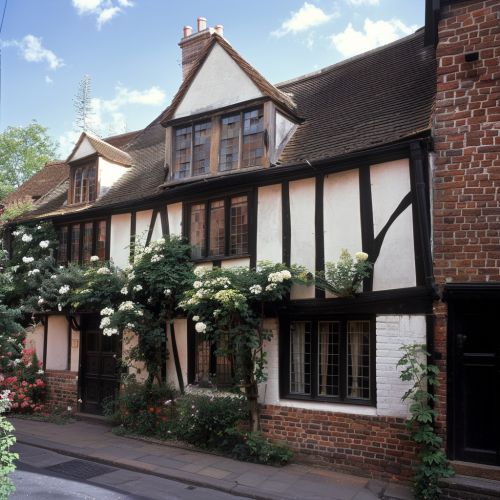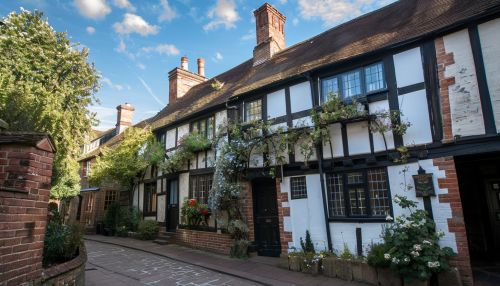William Shakespeare
Early Life
William Shakespeare was born in Stratford-upon-Avon, England, in 1564. The exact date of his birth is not known, but it is traditionally observed on April 23, the same day as St. George's Day. His father, John Shakespeare, was a glove maker and wool merchant, and his mother, Mary Arden, was the daughter of an affluent landowning farmer. Shakespeare was the third of eight children and the eldest surviving son.


Education
Shakespeare likely attended the King's New School in Stratford, which taught reading, writing, and the classics. His education would have been grounded in Latin, both grammar and literature, with some exposure to Greek.
Marriage and Family
At the age of 18, Shakespeare married Anne Hathaway, who was eight years his senior. They had three children: Susanna, and twins Hamnet and Judith. Hamnet died at the age of 11, an event that is speculated to have had a profound impact on Shakespeare's writing.
Career
Shakespeare began his career as an actor and writer in London in the late 1580s. He was a member of the Lord Chamberlain's Men, a company of actors, for whom he wrote many of his best-known plays. He also became a shareholder in the Globe Theatre.
Works
Shakespeare's works include 39 plays, 154 sonnets, and two long narrative poems. His early plays were primarily comedies and histories, genres he raised to the peak of sophistication and artistry by the end of the 16th century. He then wrote mainly tragedies until about 1608, including Hamlet, Othello, King Lear, and Macbeth, considered some of the finest works in the English language.
Later Life and Death
In his later years, Shakespeare returned to Stratford, where he lived until his death in 1616. He died on his 52nd birthday, and was buried in the chancel of the Holy Trinity Church in Stratford.
Legacy
Shakespeare's plays remain highly popular today and are constantly studied, performed, and reinterpreted in diverse cultural and political contexts throughout the world. He is often called England's national poet and the "Bard of Avon".
